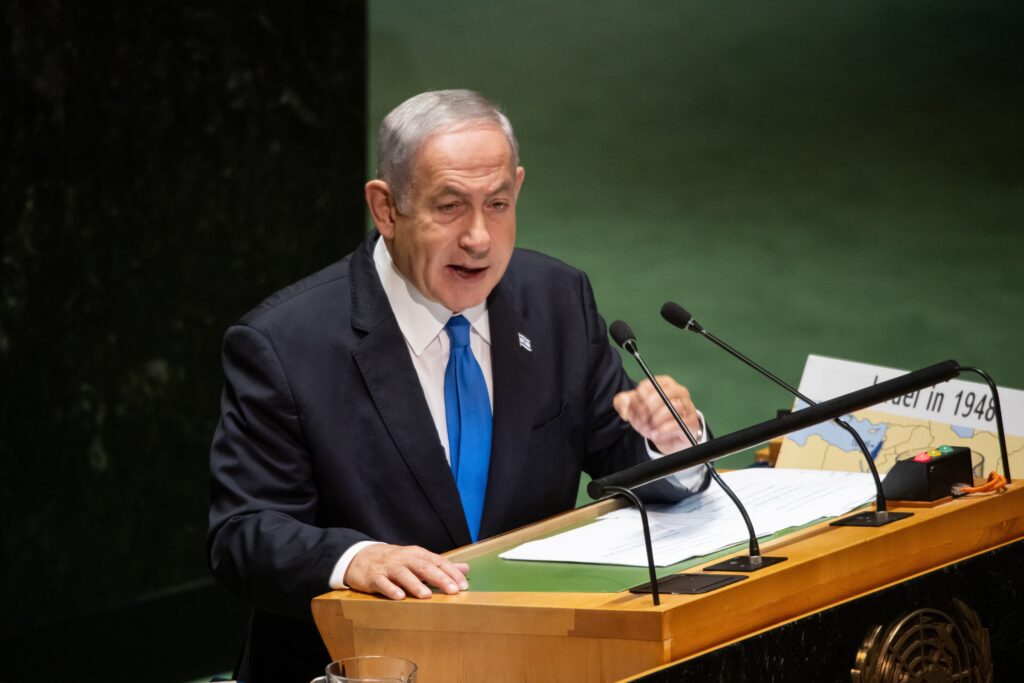The conflict between Israel and Hamas has escalated sharply, with Israeli airstrikes killing at least 92 Palestinians and injuring over 200 in just two days. The intensified Gaza attacks come as Israel increases military pressure to force the release of the remaining hostages. With humanitarian aid running low and thousands displaced, the situation in Gaza has reached a critical point.
Mounting Civilian Deaths in Gaza
According to Gaza’s Health Ministry, Israeli forces carried out heavy airstrikes across several areas of the densely populated enclave. The result was a grim spike in the number of civilian casualties, including many women and children.
Since March 18, when Israel resumed major air operations, nearly 1,800 Palestinians have been killed. Over 4,700 more have been wounded. The overall death toll in Gaza has now reached 51,157, based on figures released by the Hamas-run health ministry. The United Nations reports that women and children make up more than two-thirds of the confirmed deaths.
Netanyahu Vows to Continue Military Campaign
Prime Minister Benjamin Netanyahu made it clear that Israel will not stop its operations in Gaza until three key goals are achieved:
-
The complete destruction of Hamas
-
The return of all Israeli hostages
-
The full removal of security threats from the Gaza Strip
He stated, “We have no choice but to continue this fight. We will not agree to a ceasefire unless our terms are met.” Netanyahu’s remarks came after a recent ceasefire attempt failed. According to him, Hamas rejected Israel’s offer to release half of the remaining hostages in exchange for a temporary truce.
Hostage Crisis Adds to Tensions
The war began after the October 7 attack by Hamas-led militants, which left 1,200 Israelis dead and 251 hostages taken. Though many of the hostages have since been released through temporary truces and negotiations, 59 people remain in captivity. Officials believe that 24 of them are still alive. The families of those held are pleading with both sides to come to an agreement before more lives are lost.
In Tel Aviv, demonstrators rallied, holding signs that read, “Bring them home now!” Many of the protesters included military veterans and family members of the hostages. Domestic pressure on Netanyahu is growing, with critics saying that the current approach is not working.
Gaza Faces Worsening Humanitarian Crisis
For over six weeks, Israel has closed Gaza’s borders. This blockade has cut off food, water, fuel, and medical supplies from reaching the 2 million people who live there. Humanitarian aid groups and the United Nations are sounding the alarm.
Dr. Hanan Balkhy of the World Health Organization urged U.S. ambassador Mike Huckabee to call on Israel to lift the blockade. “Children are starving. People are surviving on one meal a day. We need to get aid in now,” she said.
The UN reports severe malnutrition in children, and hospitals are running out of life-saving medicine. Several medical centers are no longer functioning due to fuel shortages and repeated strikes.
Permanent Occupation Plans Spark Global Concern
In another development, Israel announced plans to establish permanent “security zones” inside Gaza. This move has sparked criticism both internationally and within Israel. Human rights groups warn that such zones could amount to illegal land grabs and further displace Palestinians already living in harsh conditions.
Hamas continues to demand a full withdrawal of Israeli forces as a condition for any future agreement. Meanwhile, tensions between the two sides remain high, with no sign of a breakthrough.
Protests and Pressure in Israel
As the war stretches on, more Israelis are speaking out. In addition to Tel Aviv rallies, protests have taken place in other cities, calling for a new strategy to bring the hostages home and reduce civilian suffering.
Many argue that the extended military campaign has not made Israel safer and may instead be fueling further instability. Former soldiers and political analysts have also raised concerns about how the war is being handled.
A Call for Urgent Action
The latest wave of intensified Gaza attacks has brought even more suffering to a region already pushed to its limits. As the death toll rises and aid supplies run dry, global leaders are urging both Israel and Hamas to find a peaceful resolution.
Yet with both sides holding firm, and conditions in the Gaza war growing worse by the day, a solution remains out of reach. The world watches closely, hoping for a breakthrough that can end the violence and bring relief to millions caught in the crossfire.


